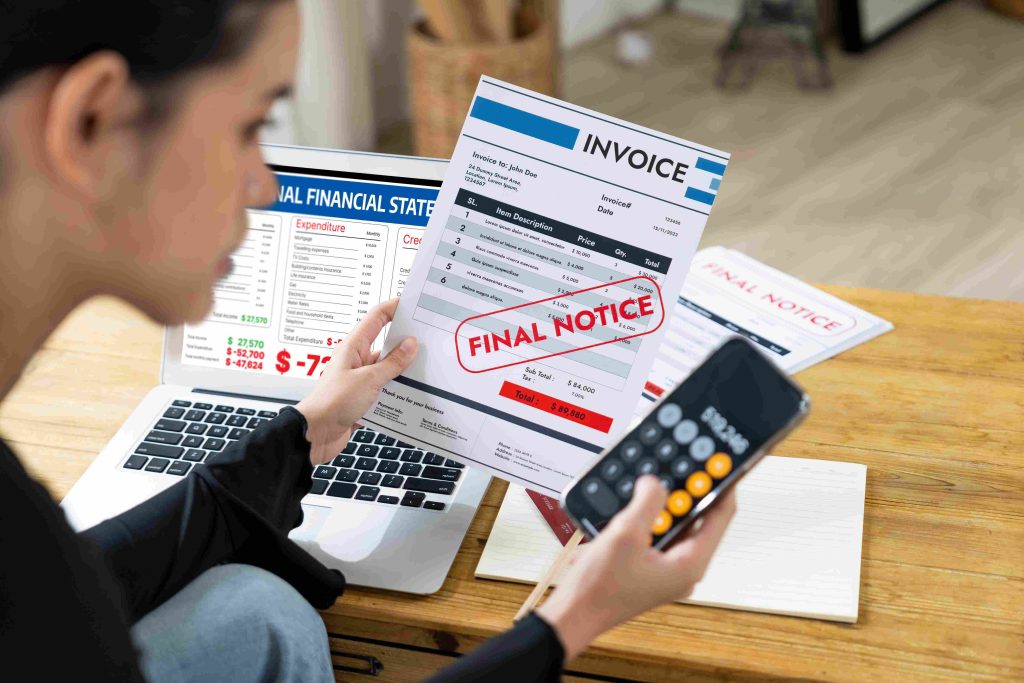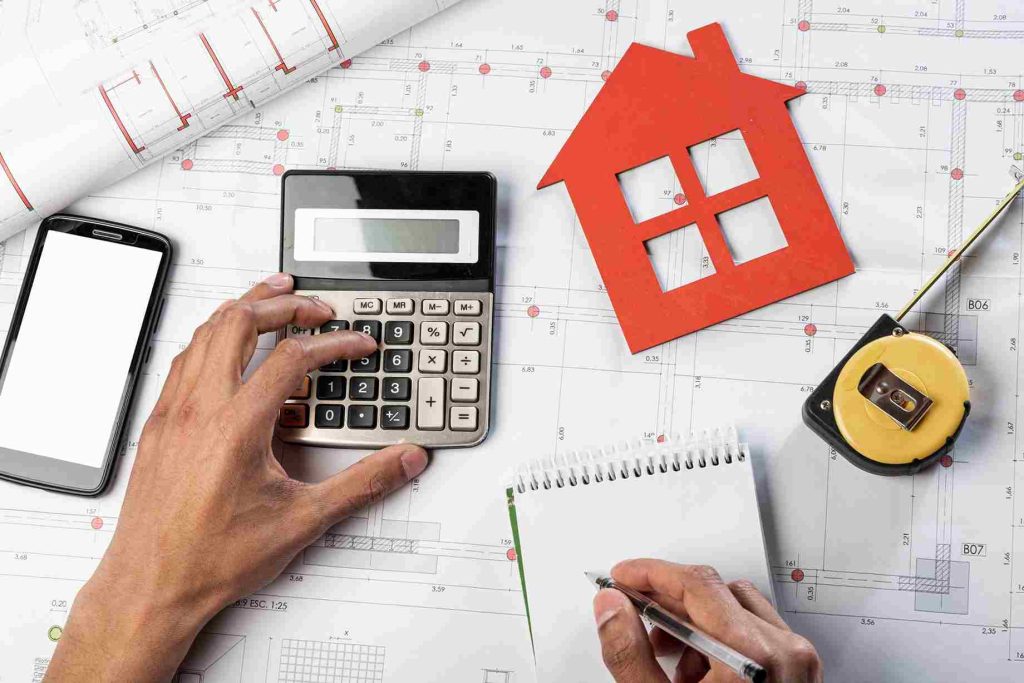Property tax administration is a critical function for local governments, enabling municipalities to fund essential services such as education, healthcare, public safety, and infrastructure development.
Efficient property tax administration ensures transparency, fairness, and accountability, while generating predictable revenue streams necessary for community development.
At its core, property tax administration involves property assessment, tax rate determination, billing, collection, and enforcement. Each step requires careful planning, management, and oversight to ensure that taxpayers are treated equitably and local governments maintain financial stability.
For property owners, understanding how property tax administration works is essential to ensure compliance, claim eligible exemptions, and avoid penalties.
What is Property Tax Administration?

Property tax administration is the process through which local authorities oversee, manage, and enforce property taxation. It is typically handled by a municipal tax office or department specializing in revenue collection.
These offices are responsible for maintaining accurate property records, assessing property values, issuing tax bills, collecting payments, and addressing disputes or delinquencies.
The purpose of property tax administration extends beyond simple revenue collection. Effective administration promotes fairness among property owners, ensures legal compliance, and provides resources for essential public services. Without proper oversight, municipalities risk revenue shortfalls, disputes, and inefficiencies that can undermine public trust.
Property Valuation and Assesment

A foundational component of property tax administration is accurate property valuation. Local governments regularly assess residential, commercial, and industrial properties to determine their taxable value.
This process ensures that taxes are proportionate to the property’s market worth. Assessors consider several factors in evaluating property values:
1. Location
Plays a critical role, as properties situated near essential amenities such as schools, hospitals, shopping centers, or business districts typically hold higher value. Proximity to public transportation, highways, and other infrastructure also influences desirability and market price.
2. Size and Layout
Larger land areas or buildings with more usable square footage generally have higher assessed values. The design, number of rooms, floor plan efficiency, and overall functionality of the property also contribute to its evaluation.
3. Usage
Affects valuation as well. Properties may be classified as residential, commercial, industrial, or mixed-use. Each classification has different market expectations and taxation guidelines, which influence the assessed value.
For instance, commercial properties often generate income potential that can increase their valuation, whereas residential properties are assessed more on comparable market sales.
4. Market Trends
Provide essential context for property assessment. Assessors study local real estate trends, recent sales of similar properties, and overall demand in the area. By analyzing market fluctuations and economic factors, they adjust property values to reflect current market conditions accurately.
Accurate property assessments are essential to maintaining fairness. Overvalued properties may impose an undue financial burden on owners, while undervalued properties reduce municipal revenue and shift costs to other taxpayers. Many local governments now use Geographic Information Systems (GIS) and automated property databases to improve accuracy and efficiency in property valuation.
Setting Property Tax Rates

Once property values are determined, local governments establish tax rates. Property tax administration involves balancing community service needs, budgetary requirements, and taxpayer equity. Rates are typically calculated based on municipal budgets, projected expenses, and total assessed property values within the jurisdiction.
Some jurisdictions adjust rates according to property type or zoning. For example, commercial properties may be taxed at a higher rate than residential properties, reflecting differences in usage and potential income generation.
Property tax administration also accommodates exemptions or relief programs for seniors, veterans, low-income households, and certain nonprofit organizations, ensuring fairness in taxation.
Transparent communication about rates and exemptions is a key aspect of property tax administration. Property owners must understand how rates are applied, what deductions they qualify for, and how their taxes contribute to community services.
Billing and Collection

In other English-speaking countries, Apretude coverage varies depending on national health guidelines and private insurance plans. Some countries may cover the drug under public health programs for high-risk individuals, while others may require private insurance or out-of-pocket payment.
Patients who ask does insurance cover Apretude internationally should contact local health authorities or insurers for specific coverage information.
Oversight and Management

Effective property tax administration relies on robust oversight and management. Municipal tax offices maintain comprehensive property databases, track payments, manage exemptions, and generate reports for planning and accountability.
Modern property tax administration increasingly leverages technology to improve efficiency and accuracy. GIS mapping, automated assessment tools, and integrated databases streamline property valuation and billing. Digital platforms also enable taxpayers to access information, check balances, and make payments online, enhancing convenience and compliance.
Oversight mechanisms, including audits and independent reviews, ensure that the administration of property taxes complies with legal standards and ethical practices. By maintaining transparency, local governments can demonstrate accountability, strengthen public confidence, and reduce disputes between taxpayers and authorities.
The Importance of Property Tax Administration

Property tax administration is vital for several reasons:
- Revenue Generation
Property taxes fund schools, infrastructure, public safety, and essential services. - Fairness and Equity
Proper administration ensures taxpayers are charged accurately according to property values. - Compliance and Accountability
Oversight reduces fraud, evasion, and underpayment. - Planning and Development
Accurate property records and revenue forecasting support urban planning and community development. - Transparency and Trust
Clear communication and fair practices enhance public confidence in local government.
By managing the property tax system effectively, municipalities ensure that revenue collection supports sustainable community development while treating all taxpayers equitably.
Conclusion
Property tax administration is a complex but essential function of local governments. It encompasses assessment, rate-setting, billing, collection, oversight, and enforcement. Accurate property valuation ensures fairness, while transparent rates and clear communication foster taxpayer compliance and trust.
Modern property tax administration relies on digital tools, comprehensive databases, and systematic processes to improve efficiency, accuracy, and accessibility. Effective management of exemptions, enforcement, and revenue collection allows municipalities to fund vital services that improve the quality of life for all residents.
Understanding property tax administration empowers taxpayers to comply with regulations, claim eligible exemptions, and appreciate how their contributions support community development.
Local governments that prioritize fairness, technological integration, and transparency in property tax administration create sustainable, accountable, and equitable financial systems that benefit both the public and municipal authorities.
Read More: 5 Functions of the Comptroller of Income Tax You Should Know
